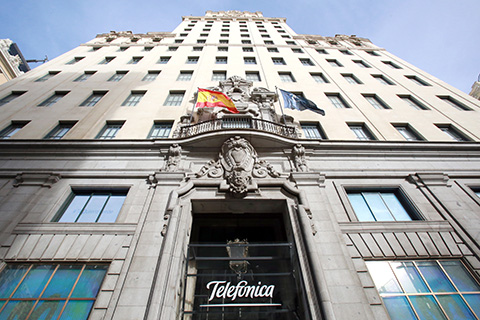Last week, The Council of Europe (CoE) and the European Commission (EC) organized a seminar-conference titled “Shared Social Responsibility: securing trust and sustainable social cohesion in a context of transition”. The event was open to public authorities, researchers, NGOs, civil society, etc. and aimed to confirm social cohesion as an objective for Europe.
During the first day of the event participants discussed the substance of the future “European Charter on shared social responsibilities” that the Council of Europe has drawn up. On the following day, attendees analysed the value of this concept for securing social cohesion with the contribution of senior European civil servants and scientific and political analysts. The General considerations of the Charter say in their first paragraph that “the political and social achievements of Europe are under threat. Public over indebtedness, particularly in a context of crisis, exposes states to pressures to cut back investment in the field of social protection, access to health-care, education and housing.
This reduces their ability to take action against inequalities and discrimination. “In their sixth paragraph, the general considerations add that “It is essential, to generate confidence in the future, for social responsibilities to be shared equitably among public authorities, companies, civil society organisations, families and individuals.”
Traditionally, social responsibilities have been assigned to states. For some years now, public authorities have asked companies to be involved in social responsibility as well (CSR). And now, in the current context of financial crisis, climate change, unemployment, depletion of natural resources, poverty and social exclusion; the EU has requested the civil society to share social responsibilities with the states and the market.
But what does exactly mean that civil society, market and states are involved in social responsibility? It means that they are consulted and –where possible- take and implement decisions. This is great news since evidence has shown us that the market and the states can no longer combat widening inequalities by themselves.
The EU believes that sharing social responsibilities among all stakeholders can help to achieve the Europe 2020 targets. On the contrary, “failing this, there is every chance that social and societal difficulties will persist and even result in conflict and violence”. This last sentence shows that this request is not just a step beyond CSR but, and above all, a step forward towards social cohesion and justice, peace between societies and the preservation of the natural environment.
**Author: Eduardo Serra is Manager Public Affairs in Telefónica S.A. in Brussels.
